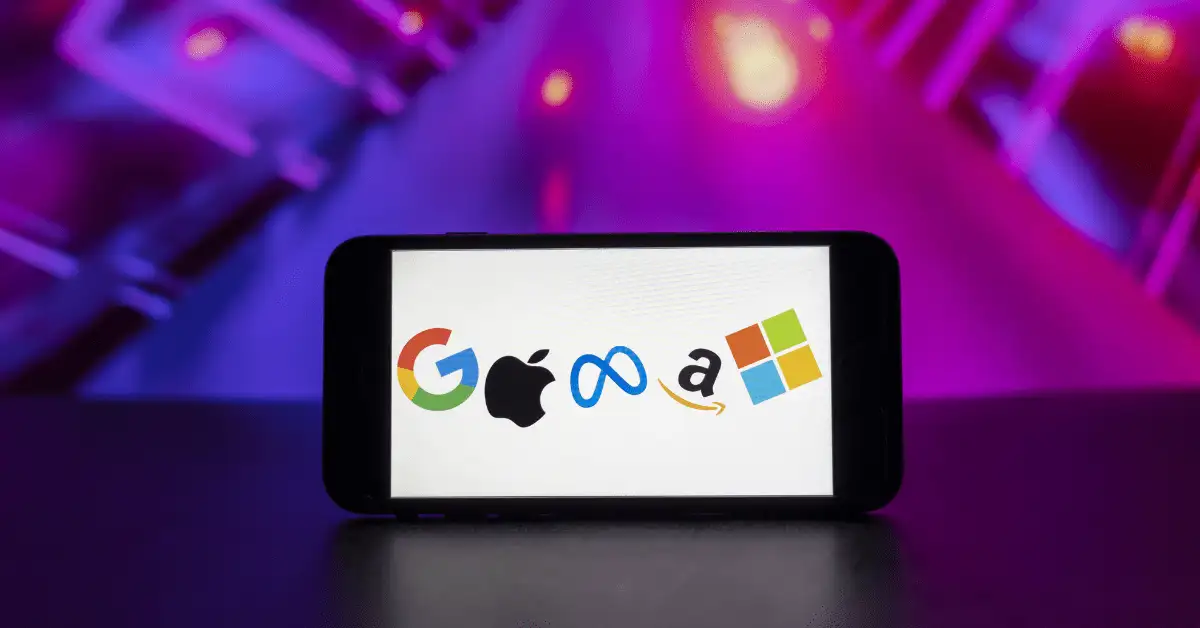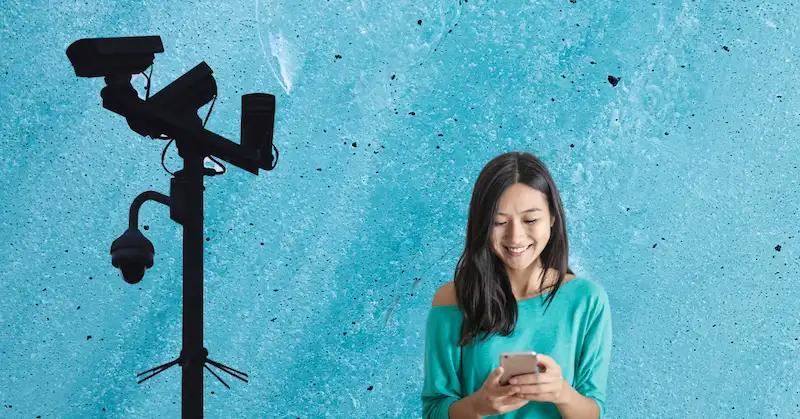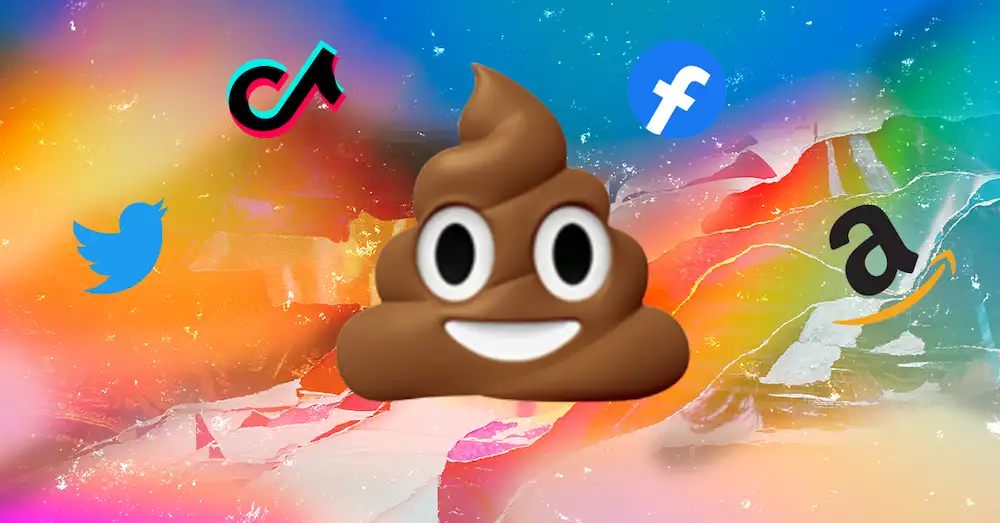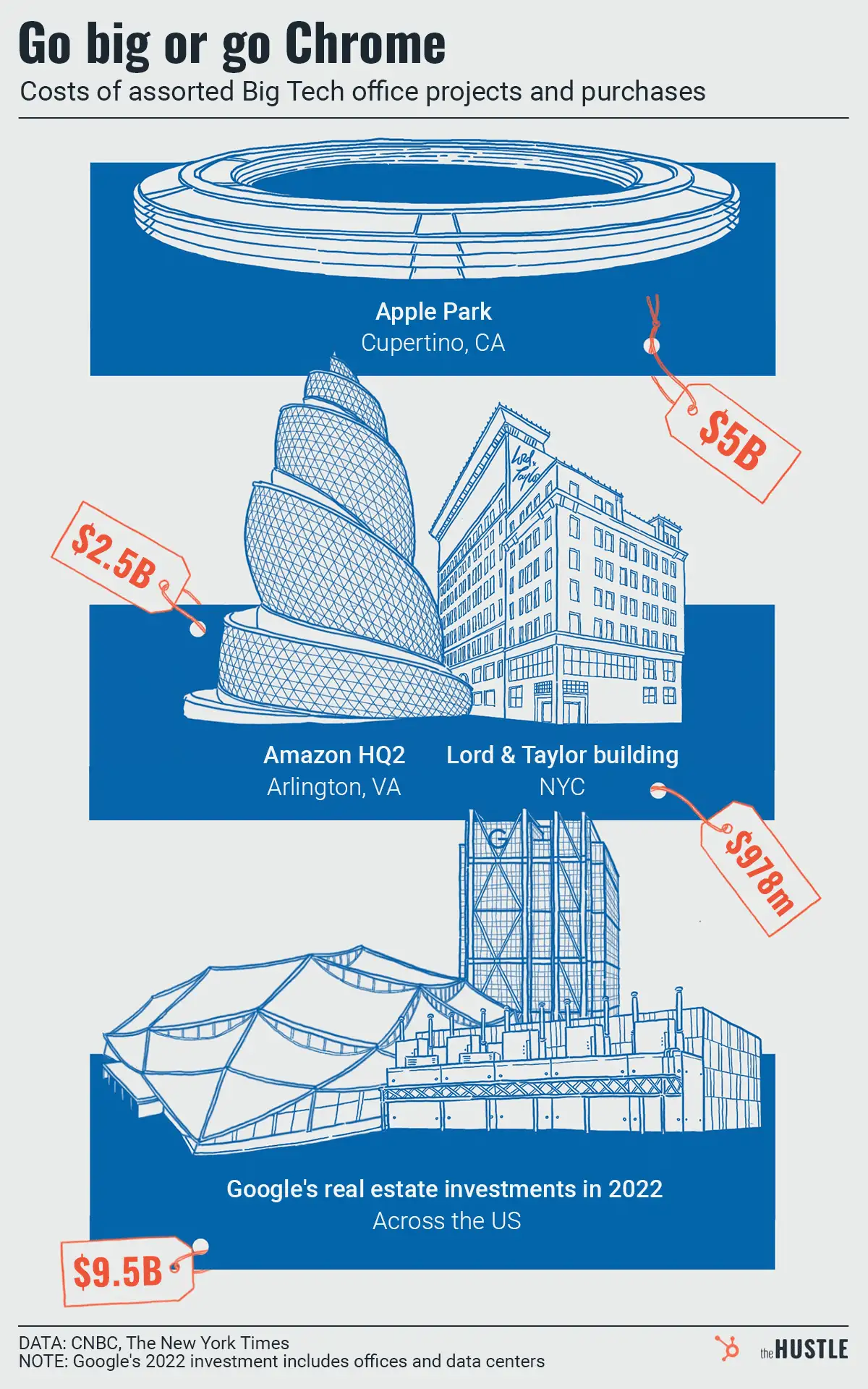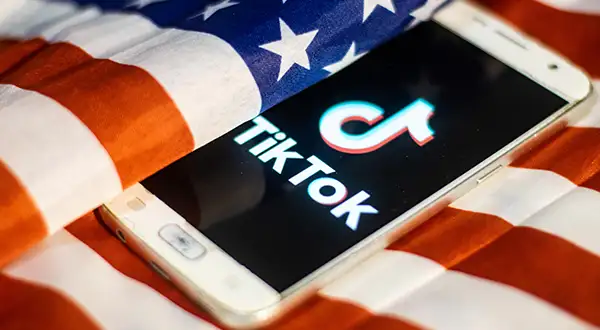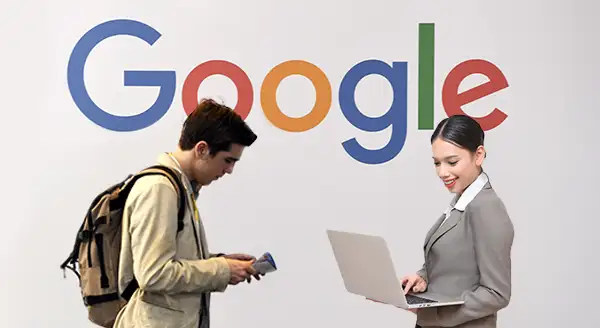It’s no secret that America spends on health care. In 2019, that spending reached $3.8T ($11.6k per person). By 2028, it’s projected to hit $6.2T.

To the folks in Big Tech, any number with a “T” means one thing: opportunity.
This week, Microsoft showed it’s serious about the space
The company announced the $19.7B acquisition of Nuance Communications, known for its AI transcription tools for health care professionals.
Nuance has a healthy following among…
- Doctors: 55%+ of physicians and 75% of radiologists in the US use its products
- Hospitals: 77% of US hospitals are Nuance customers
- Investors: Nuance’s Health Care Cloud revenue grew 37% in 2020
Doctors can use Nuance tech — which is already integrated with Microsoft Teams — to record conversations and automatically transcribe notes.
But Microsoft isn’t alone
Cook, Pichai, and Bezos want in, too:
- Apple is focused on selling hardware to health care providers and offering software platforms for medical record keeping
- Google recently introduced its Google-for-medical-records platform Care Studio and bought Fitbit for $2.1B
- Amazon is the gangster player, having recently released Prime-like online pharmacy and primary care service platforms
Bezos has also gone one step further, debuting the Amazon Halo that’s capable of calculating body fat (of which Bezos has none).
Still, challenges abound
If history is any indication, Big Tech’s success in health care is hardly a given:
- IBM hyped Watson’s AI-cancer diagnosis capabilities but is now exploring a sale
- Amazon’s health care venture with Berkshire Hathaway and JPMorgan Chase failed to get off the ground
- Google faced privacy hurdles when trying to gain access to health care provider data
Regardless, the digitization of health care is a huge market, and Big Tech is gearing up for battle.



